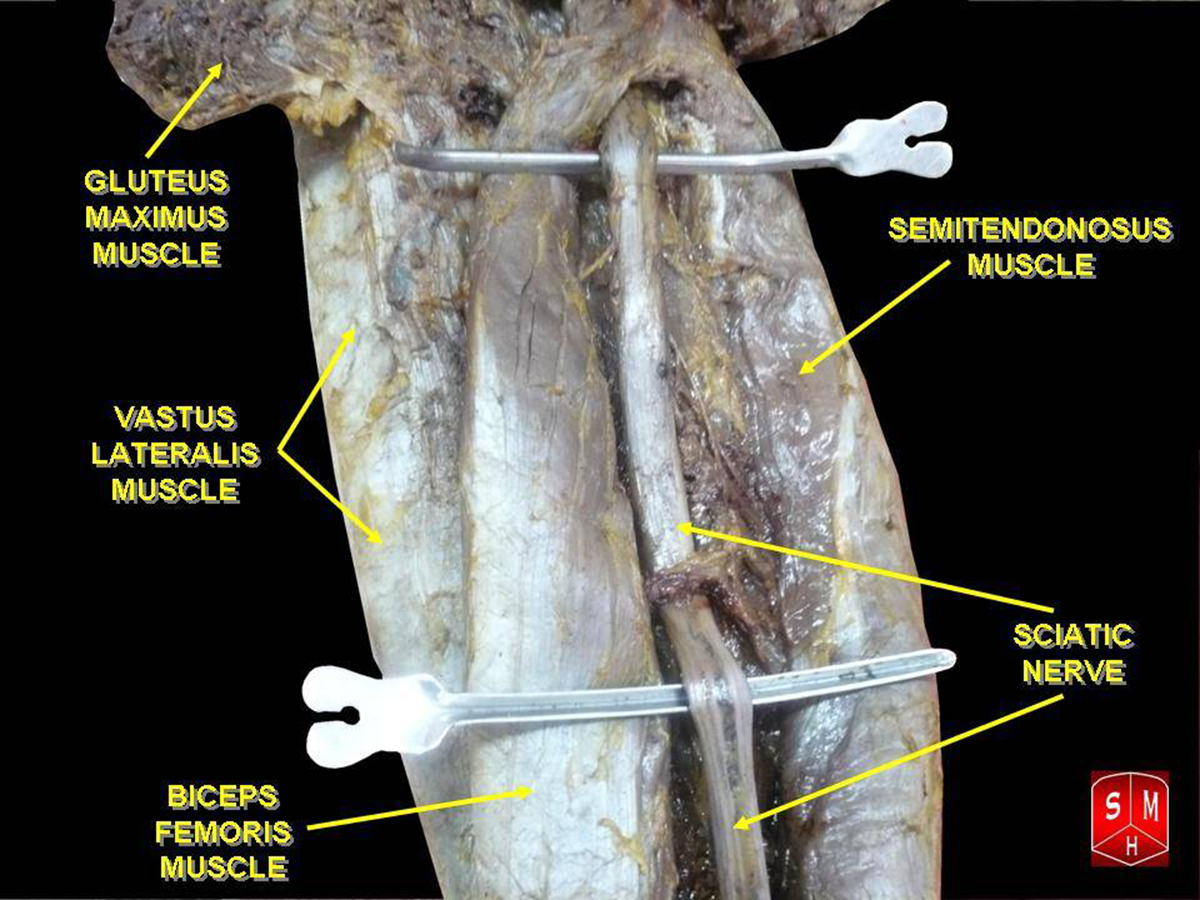
The sciatic nerve is actually the largest nerve in human body. It runs from the base of the spinal cord to the feet and innervates many muscles and skin of the lower extremity. In some cases a vertebral disc may bulge out from its original place and pinch the sciatic nerve. Depending on the extent of pinching the condition can be accompanied by mild or very intensive back and leg pain.
Causes of Pinched Sciatic Nerve
There are many conditions which cause structural changes of the intervertebral disc or its dislocation. For example, in lumbar spondylosis movement of one vertebra on the other results in irritation of the sciatic nerve. In spinal stenosis irritation of the nerve root occurs due to narrowing of the spinal canal. Furthermore, spinal disc disease features with dehydration, wear and/or tear of the affected disc which may eventually cause compression of the nerve root and subsequent sciatic nerve pain. Even excessive strain of certain muscles may cause pressure onto the sciatic nerve. In piriformis syndrome the sciatic nerve is compressed by the piriformis muscle. And finally, osteoarthritis of the spine may feature with broken bits of cartilage which float around or inside the spinal joints and cause irritation and/ or pressure on the sciatic nerve.
Symptoms of Pinched Sciatic Nerve
There is a variety of symptoms and signs of pinched sciatic nerve and patients usually complain about certain combination of some of the following symptoms:Pain in lower back/ lower extremities and/or buttockPins and needles along the leg and in footNumbness of the leg or footWeakness of muscles in the legsFoot dropTreatment for Pinched Sciatic Nerve
Treatment for pinched sciatic nerve includes specific exercises and treatment for the underlying condition. Once the symptoms have occurred a patient is supposed to visit his/ her health care provider. What follows is physical and neurological examination and additional tests and certain medical imaging techniques. All of the previously mentioned is necessary and important to identify the underlying cause of pinched sciatica nerve. Neurological examination as well as electromyography is essential part of evaluation of muscle function. They point to the extent of muscle weakness and neurologic abnormalities associated with irritation or compression of the sciatic nerve.
Patients suffering from pinched sciatic nerve are commonly prescribed anti-inflammatory medications and analgesics. Severe form of the disease requires codeine preparations and/or muscle relaxants. If the pain is excruciating one may benefit from injection of corticosteroids into the spinal fluid of the affected area.
Bed rest for a few days is highly recommendable. The patient is supposed to perform specially designed 'pinched sciatic nerve stretches' which can loosen tight muscles and allow more space for the spinal nerves. Exercises are planned by a well experienced physical therapist.



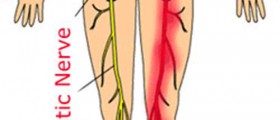



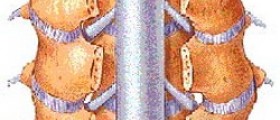


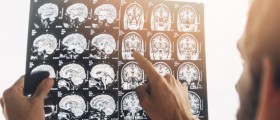
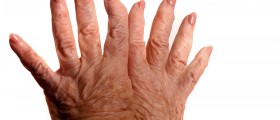

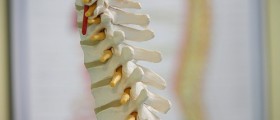
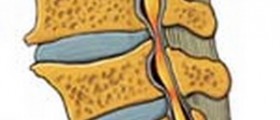
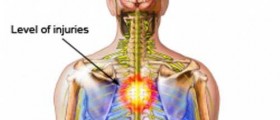

Your thoughts on this
Loading...